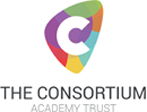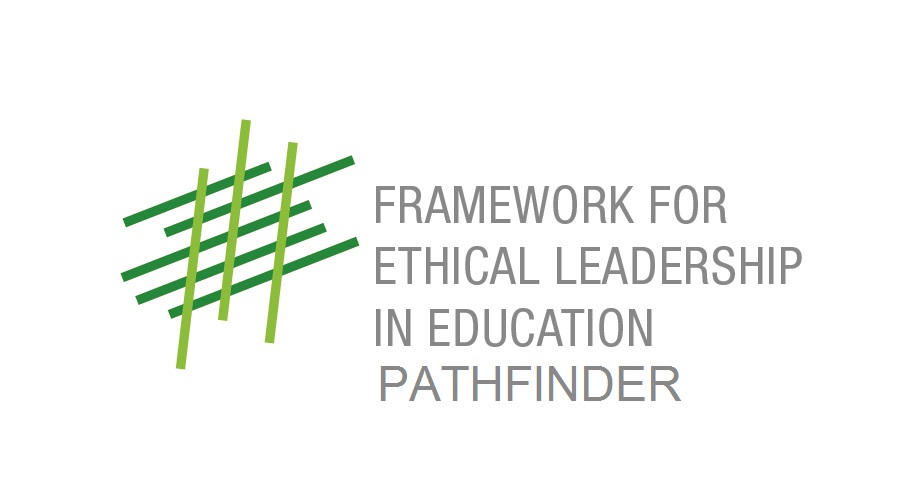History
Bringing the past to life
To inspire and ignite a passion for who we are and where we came from. To promote curiosity and understanding of events of the past.
The History curriculum at Wolfreton School and Sixth Form College is designed to ignite students’ curiosity about the past and deepen their understanding of how history has shaped the world we live in today. Through engaging historical enquiries, students develop the ability to question, analyse, and interpret the past, gaining a strong sense of Britain’s place in the world, our relationships with other countries, and the evolution of life in modern Britain.
At the heart of our curriculum is the development of disciplinary thinking, enabling students to explore historical sources and interpretations critically. They are encouraged to express their opinions through well-balanced and well-supported judgements, fostering their ability to think independently and engage with complex historical debates. A rigorous focus on historical knowledge ensures that students build a clear understanding of key events, change and continuity over time, and the diversity of human experiences.
The sequencing of our curriculum is carefully structured to allow students to develop a coherent understanding of history through key concepts that run throughout their studies. By engaging with themes such as power and control, the lives of ordinary people, and Britain’s evolving role on the global stage, students develop both substantive and disciplinary knowledge, equipping them with a broad historical perspective.
History at Wolfreton also plays a crucial role in students’ personal development. By fostering critical thinking and an appreciation for diverse perspectives, we help students understand the complexities of society and the challenges faced by different communities throughout time. This, in turn, supports their appreciation of British values and prepares them to be informed, thoughtful citizens in an ever-changing world.
KS3 Curriculum
Year |
Autumn |
Spring |
Summer |
7 |
Empires East and West Anglo-Saxon England and the Norman Conquest Medieval Church and Life |
Challenges to Medieval Monarchs England’s relations with its neighbours - Wales, Scotland and France |
The Mali Empire The Renaissance |
8 |
The Gunpowder Plot Witchcraft English Civil War |
The French Revolution The Industrial Revolution Slavery |
The British Empire Women’s Suffrage Early 20th Century Britain - The Titanic |
9 |
The First World War USA Boom or Bust – 1920s |
The Rise of Nazism The Second World War |
The Holocaust The Cold War Civil Rights |
KS4 Curriculum
Year |
Autumn |
Spring |
Summer |
10 |
Paper 2: Superpower Relations and the Cold War 1941 - 91
|
Paper 3: USA Conflict at Home and Abroad: Civil Rights and the Vietnam War 1954 - 1975 |
Paper 3 Continued: USA Conflict at Home and Abroad: Reactions to the Vietnam War Paper 2: Anglo Saxon and Norman England 1060 - 1088 |
11 |
Paper 2 Continued: Anglo Saxon and Norman England 1060 - 1088 Paper 1: Medicine in Britain c1250 - present and The British Sector of the Western Front 1914 - 18 Medieval and Renaissance medicine |
Paper 1 Continued: Medicine in Britain c1250 - present and The British Sector of the Western Front 1914 - 18 Industrial and Modern Medicine The Western front; Injuries, treatment and trenches
|
Revision and exam preparation
|
Homework
KS3 – set fortnightly, this ranges from guided reading tasks, ‘meanwhile, elsewhere’ worksheets, or extended work like projects e.g. castle building (year 7), King Louis execution souvenir (year 8) or Holocaust acts of remembrance (year 9)
KS4 – set fortnightly, a variety of revision tasks set on current and previously studied topics to embed knowledge and understanding
Extra-curricular
In History, we also enrich students' learning through educational trips, including visits to Lincoln Castle and Cathedral in Year 7, the Holocaust Memorial Museum in Year 9, a World War I trenches re-enactment experience in Year 10, and exploring medical history at the Thackray Museum in Year 11. Additionally, our popular Debating Club runs weekly for students in Years 7-11.




